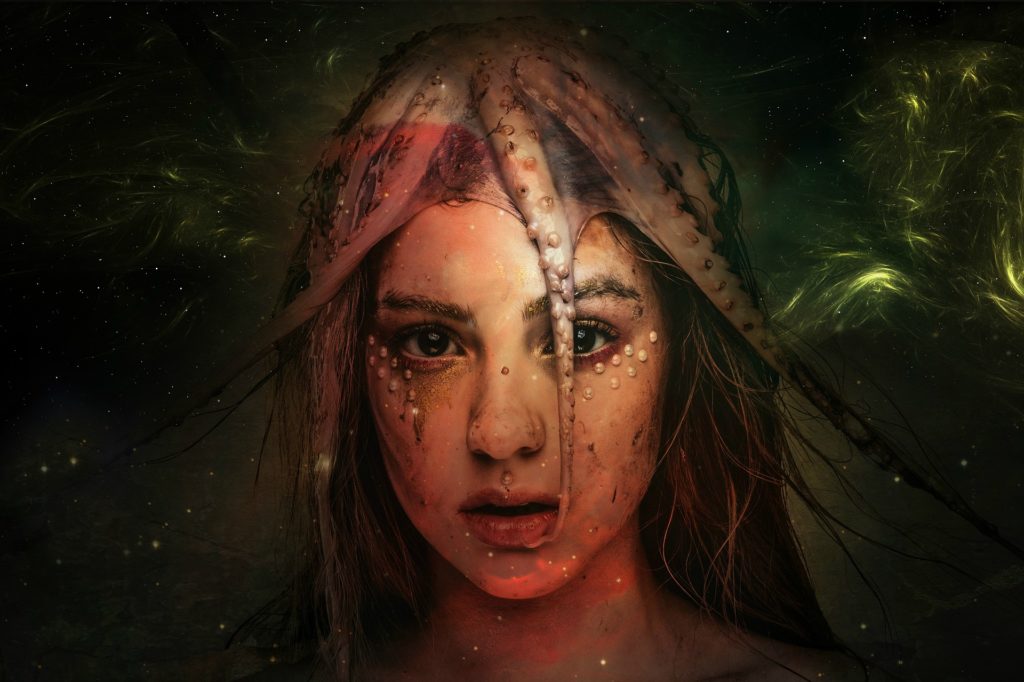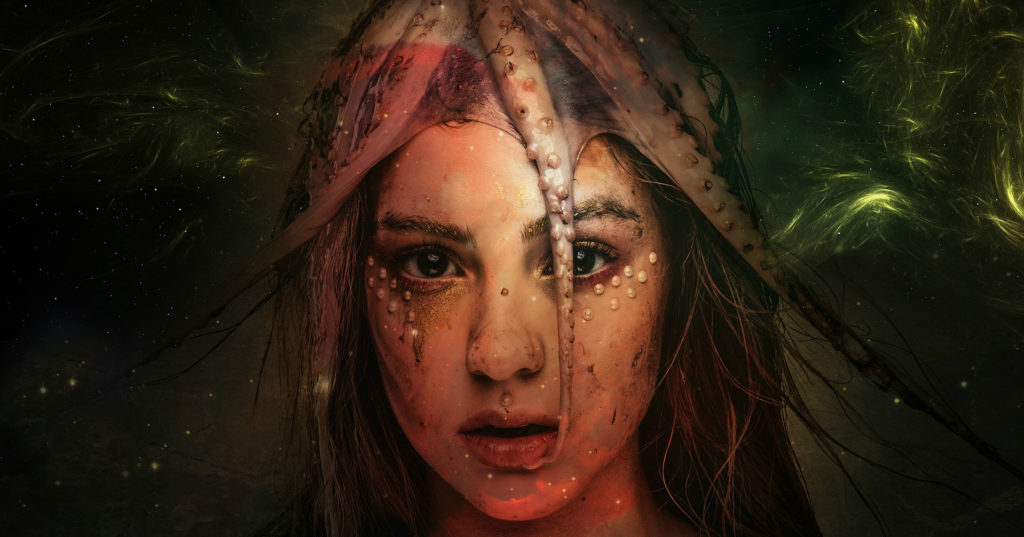With what’s been happening in the news, who really cares about diversity in fantasy? It’s not real, some say, and it’s not meant to reflect reality. I disagree.
Riots in Minneapolis, Dallas, and Atlanta, and other parts of the country streamed across the news this weekend following the murder of George Floyd. I made a personal decision years ago to avoid politically charged discourse on my blog. So I will not be discussing the murder or its fallout. It is not because I don’t care. But if you disagree with my views on tolerance, you probably don’t want to read my books. Therefore, I’m not going to spend my valued writing time, my blog maintenance time, or my platform trying to convince you that you’re wrong. Because if you are not outraged at what happened to George Floyd and to Christian Cooper just in the last week, your privilege is showing.
These events and so many countless others like them, however, have taken a toll on what I’m looking for when I read a book. I’m looking at novels with a writer’s critical eye, not just for craft but also for content. And I must confess that I’m disappointed by the trends I’m noticing. Where is the diversity in fantasy books?
The Bad
I started reading a new fantasy series lately, set in the modern day. The main character is a Midwestern white girl who ends up in faerie land. That’s fine. But all the other characters? A bunch of fae also described as stereotypically Anglo-Saxon. Something about the naming conventions rubbed me the wrong way. So I abandoned the story before I was halfway through the novel. I guess we’re all supposed to assume all fae are of British origin?
Why can’t the faerie all be as diverse as—oh, I don’t know—my neighborhood or my kid’s public school classroom? Honestly, I figure they shouldn’t even look all that human. But, as a writer, if you are determined to make your fantasy creatures pseudo-human, look around your neighborhood, school, or workplace to provide the diversity inherent in our society.

The Good
Of course, I’ve read and loved the Rick Riordan series. He does an excellent job including diversity in his books without making you feel like he’s including a token minority. I especially appreciate how he works the diversity into the plot. I’m thinking in particular of Frank and how Greco-Roman culture spread to Asia. His handling of Arab Spring and stereotypes in The Kane Chronicles may have opened his readers’ eyes to their privilege.
I’ve shared my liking for Miraculous Ladybug before. One of the things I enjoy most about the series is that the entire classroom of characters is fundamentally diverse, which ties into the plot unobtrusively.
I also remember my thrill at seeing a book cover from a romance author involving a South Asian heroine. I snapped it up immediately and abandoned anything else I was reading to consume it immediately. It’s true that representation does matter.
I’ve tried to be conscious of diversity in my own writing, particularly in the Stargazer Conservatory novels and the new story that bit me recently. It was important to me that Kai should have a diverse background, that Maryn would have a best friend (Rima) who is Indian, as well as other characters yet to come.
In my new fae novel, I’ve also tried to identify a reason to explain the character diversity and to provide it accordingly. From the names to the clothes to the culture, it was important to me to have a unique setting that reflects the diversity in fantasy I want to read in other books. After all, isn’t it time to see representation in the art we consume?

